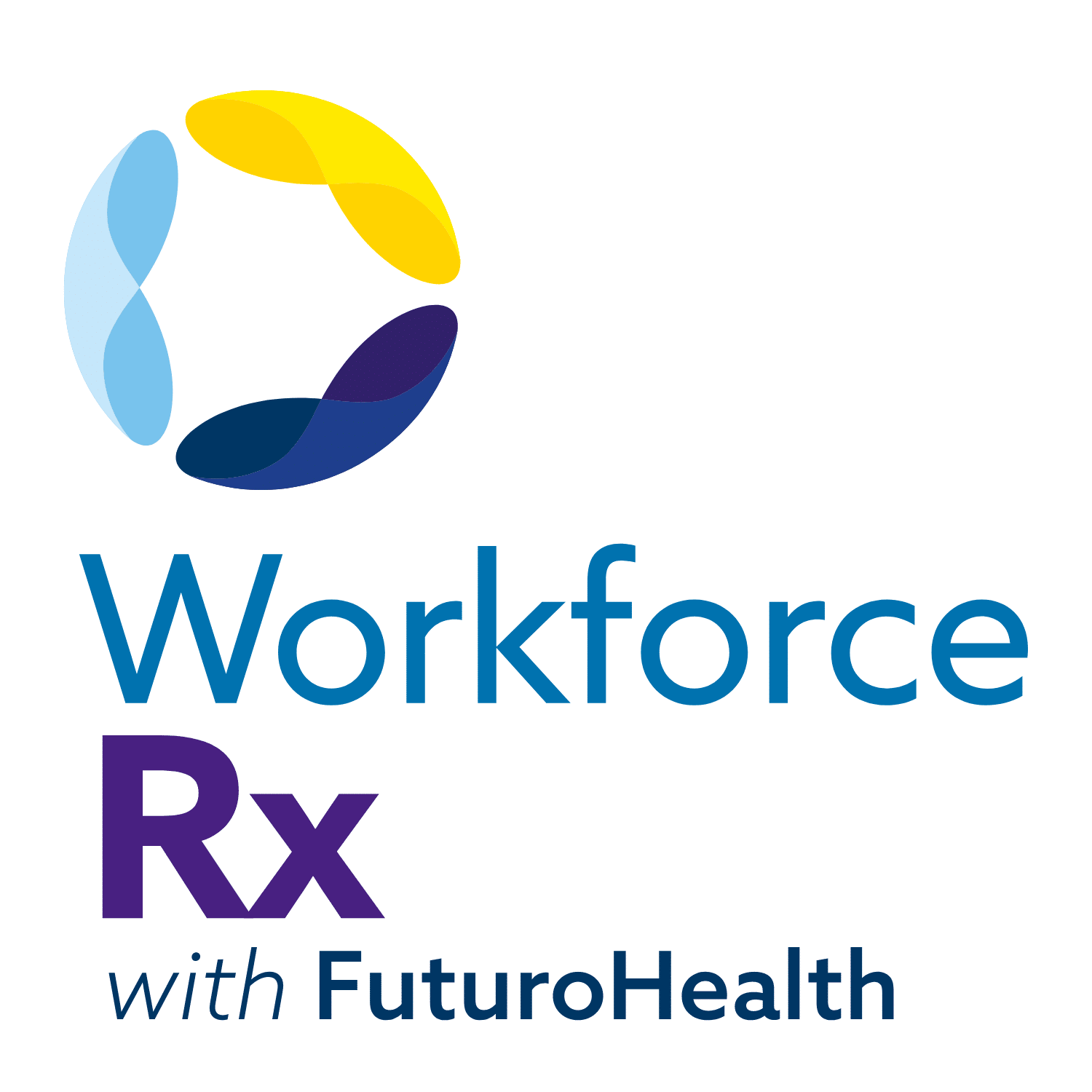It’s estimated there are one million unique credentials in the United States when you count all of the degrees, certificates, licenses, badges, and apprenticeships offered. But how are employers, educators and learners supposed to determine their validity and whether they might actually help someone advance economically? “It’s our job to make sure information about credentials is accessible in a web-based format and comparable so employers and others can make their own determinations about what’s valid for their purposes,” says Scott Cheney, CEO of the nonprofit Credential Engine. One upside of having a robust, transparent basis for comparison of credentials might be the erosion of entrenched biases toward the value of degrees over other qualifications. “It might be that a really good apprenticeship or an industry license is what you need in order to advance your own preferences and goals.” As he explains to Futuro Health CEO Van Ton-Quinlivan, Cheney thinks more and better data on credentials will also enable customized career pathways and make it easier to see the fundamental value a person brings despite restrictions they may face in access to education. This episode of WorkforceRx is a great opportunity to learn more about this increasingly important area of education and employment and how it might empower learners and job seekers from all backgrounds.

“The traditional workforce training system has really focused on a very rigid model that doesn't work for how technology has shifted and how demographics...

There’s mounting skepticism about the value of higher education among prospective students and their parents, causing alarm among policymakers on the implications of this...

For those understandably concerned about the future of higher education, the optimism of today’s WorkforceRx guest Mark Milliron should serve as a salve. The...